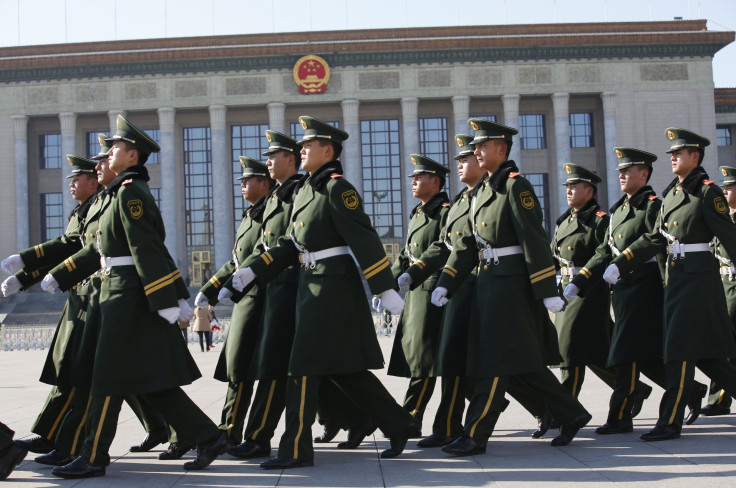China's Third Plenum Communique Reactions: All Talk, No Action Following Government Meeting

China’s central government has released the highly anticipated Third Plenum of the 18th Party Congress communique -- or, in layman’s terms, a summary of the plans and issues the Communist Party’s leadership will be tackling through policy. Though the central government, helmed by President Xi Jinping, has been pushing the agenda of widespread reform ever since officially stepping into office earlier this year, the newly released communique has most doubting any tangible changes.
The vague language of the summary left many China-watchers, netizens and analysts struggling to discern any important highlights of the plan. The summary is riddled with broad statements, like forming a team to approve decisions on “major issues concerning comprehensively deepening reforms.”
“The team will be in charge of designing reform on an overall basis, arranging and coordinating reform, pushing forward reform as a whole, and supervising of reform plans,” the document said. The general goal of the reform committee will be to “improve and develop socialism with Chinese characteristics and push on the modernization of the country’s governing system and capabilities.”
The rest of the document continues to use rather ambiguous language, much to the dissatisfaction of China’s always vocal social media users. “It’s all a bunch of clichés,” wrote one user on Weibo, the popular Chinese microblog platform, according to the Wall Street Journal. “Looks like this new group doesn’t have what it takes to accomplish actual, meaningful reform.”
Many people greeted the new announcements of “comprehensive reform” with ridicule. China-based journalists and analysts trying to decipher the government’s future moves were particularly unforgiving. A Tumblr account was even started, poking fun at the unclear and lofty language that the summary used. “It’s funny that they took so many words to tell us nothing,” another blogger added.
Perhaps the most significant tangible change was the announcement of an additional committee that will be formed, the State Security Committee, which is reportedly dedicated to “improving social governance.” Some people believe this to actually be China’s equivalent to America’s National Security Agency. Online, users were baffled and disappointed by the bureaucratic addition, which joins other security groups like the People's Liberation Army, the Internal Security Bureau and Central Military Committee. “Shut behind closed doors for four days, and they spend taxpayer’s flesh adding another damn agency,” another blogger wrote. “This isn’t what I thought would happen when everyone kept saying reform -- my mistake,” another added.
The general sentiment online was that the meeting seemed to be inconclusive despite big talk from the government. “That’s it? We were hyped for four days to tell me nothing?” a blogger asked. “What about the important stuff?” another blogger said. “What about elections, public asset disclosure, free health care?”
© Copyright IBTimes 2024. All rights reserved.












